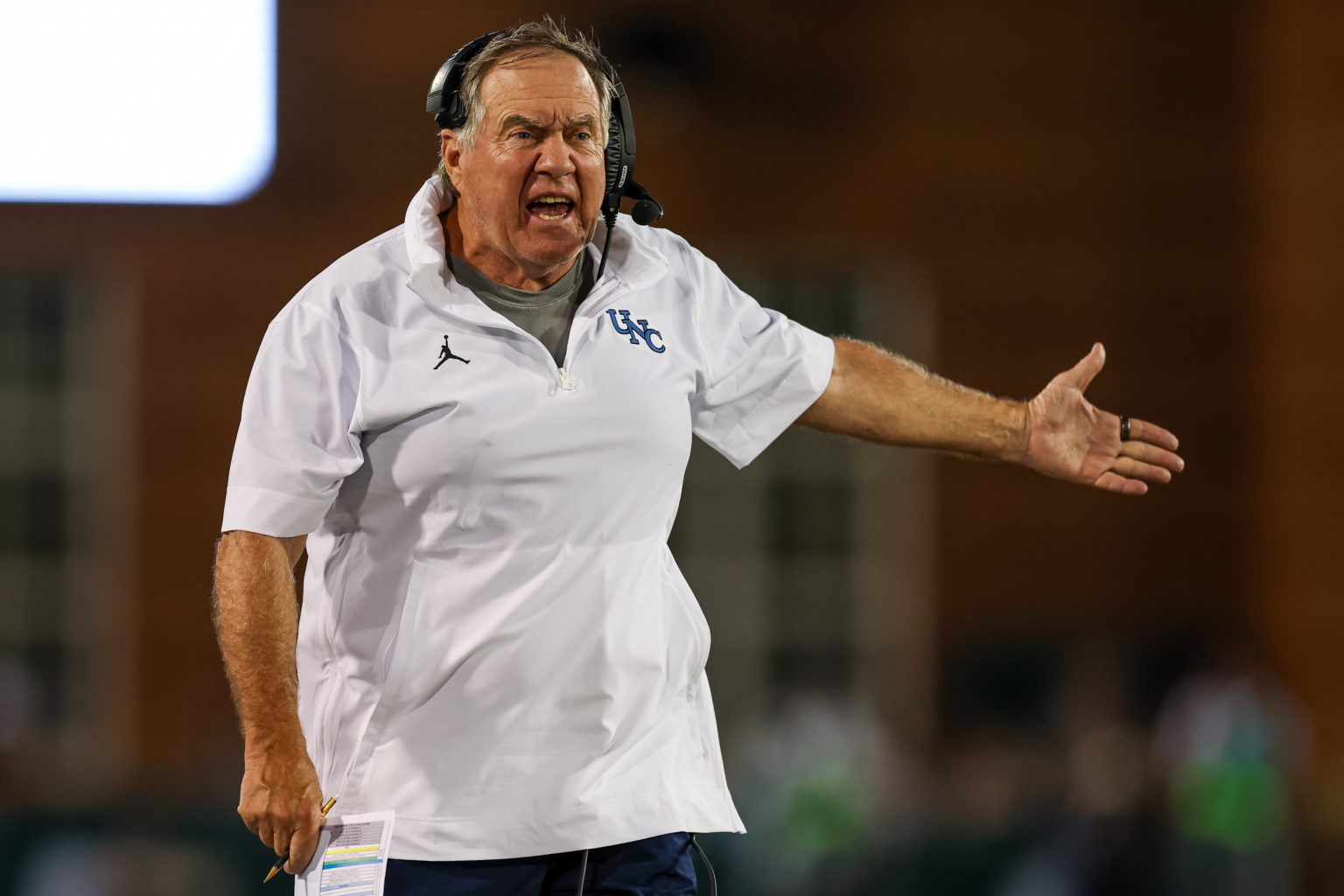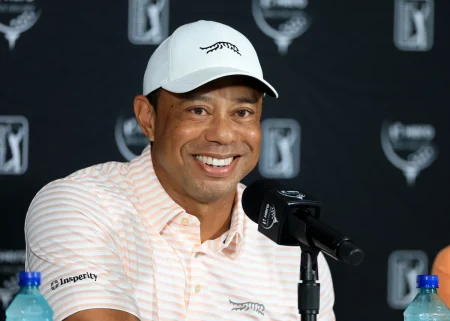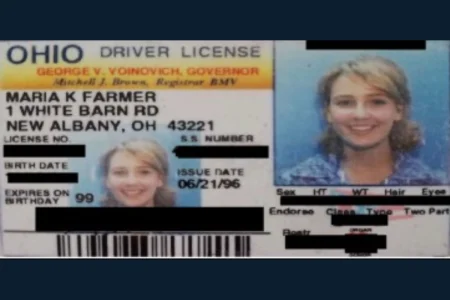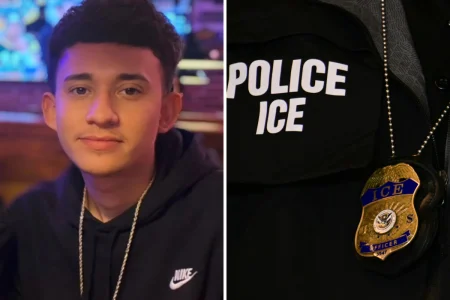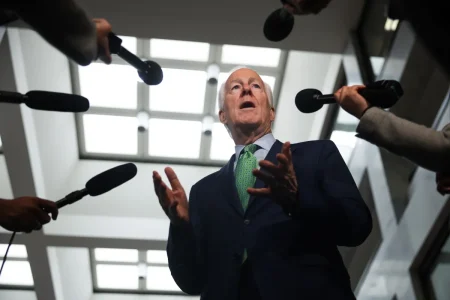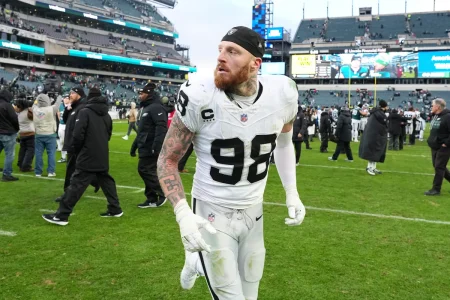Bill Belichick’s Emotional Rift with the Patriots: The Untold Story
In a surprising turn of events, University of North Carolina head football coach Bill Belichick has confirmed reports that he has banned New England Patriots scouts from UNC’s football facilities. Following UNC’s victory over Charlotte, Belichick addressed the situation with uncharacteristic candor, stating, “Yeah, well no, it’s clear that I’m not welcome around their facility, and so they aren’t welcome at ours. It’s pretty simple.” This statement marks a significant departure from Belichick’s typically guarded approach to controversy, revealing what appears to be deep-seated hurt feelings stemming from the end of his 24-year tenure with the Patriots.
The roots of this conflict seem to trace back to Belichick’s departure from the Patriots after the 2023 season. While the initial separation was described as a “mutual parting of ways,” Robert Kraft later characterized it as having “fired” Belichick, contradicting the agreed-upon language. This semantic difference might seem minor to outsiders, but in the careful world of professional sports relationships, such distinctions matter enormously. Adding fuel to the fire was Belichick’s portrayal in the Apple TV series “The Dynasty,” which was produced during his final year with the team but released after his departure. The coach has made his displeasure known through various public comments, including jokes at Tom Brady’s Netflix roast and unprompted criticisms directed at both Robert and Jonathan Kraft before UNC’s season began.
What makes this situation particularly intriguing is the apparent contradiction in Belichick’s reasoning. Despite claiming he’s “not welcome” at the Patriots’ facility, Belichick was in fact welcomed back to Gillette Stadium for Tom Brady’s jersey retirement ceremony last summer, where he received a standing ovation before delivering a lengthy speech that remains featured on the Patriots’ official YouTube channel. This disconnect suggests that Belichick’s perception of the situation may be colored by emotional responses to what he views as disrespectful treatment by the organization he led to six Super Bowl victories. An unnamed UNC source echoed this sentiment in a statement to the Boston Herald: “Why would we let them in our home after how he’s been treated since he left? We will help our players, but being treated fairly is a two-way street.”
Perhaps most concerning about this developing feud is how it potentially impacts the college athletes under Belichick’s guidance. Before accepting the UNC position, Belichick specifically promised to use his NFL connections to benefit players with professional aspirations, telling Pat McAfee, “If I was in a college program, the college program would be a pipeline to the NFL for the players that had the ability to play in the NFL. It would be a professional program… It would be an NFL program at a college level.” He emphasized that his extensive NFL contacts—many developed during his Patriots tenure—would “pave the way for those players that would have the ability to have the opportunity to compete in the National Football League.” By banning Patriots scouts, Belichick is arguably limiting exposure opportunities for his players, working against his stated commitment to their professional futures.
This situation represents a fascinating study in how personal feelings can impact professional decisions, even for someone like Belichick who has long been known for his emotionless, calculating approach to football. The coach who famously responded to controversies with “I did what I think is best for the football team” has now allowed personal grievances to potentially affect his program’s operations. The feud also illuminates the often-messy reality of endings in professional sports—even the most successful partnerships can deteriorate into bitterness and recrimination when the final chapter is written without mutual satisfaction.
As this story continues to unfold, it raises important questions about the responsibilities coaches have to their current players versus their own emotional needs. While Belichick clearly feels wronged by his former employers, his decision to ban Patriots scouts may ultimately hurt the very players he promised to champion into NFL careers. This tension between personal vindication and professional obligation highlights the complex human dynamics that exist even in the highly systematized world of football. For a coach who built his legend on putting the team above all else, Belichick now finds himself navigating the delicate balance between protecting his own dignity and fulfilling his commitments to the next generation of players under his guidance.





